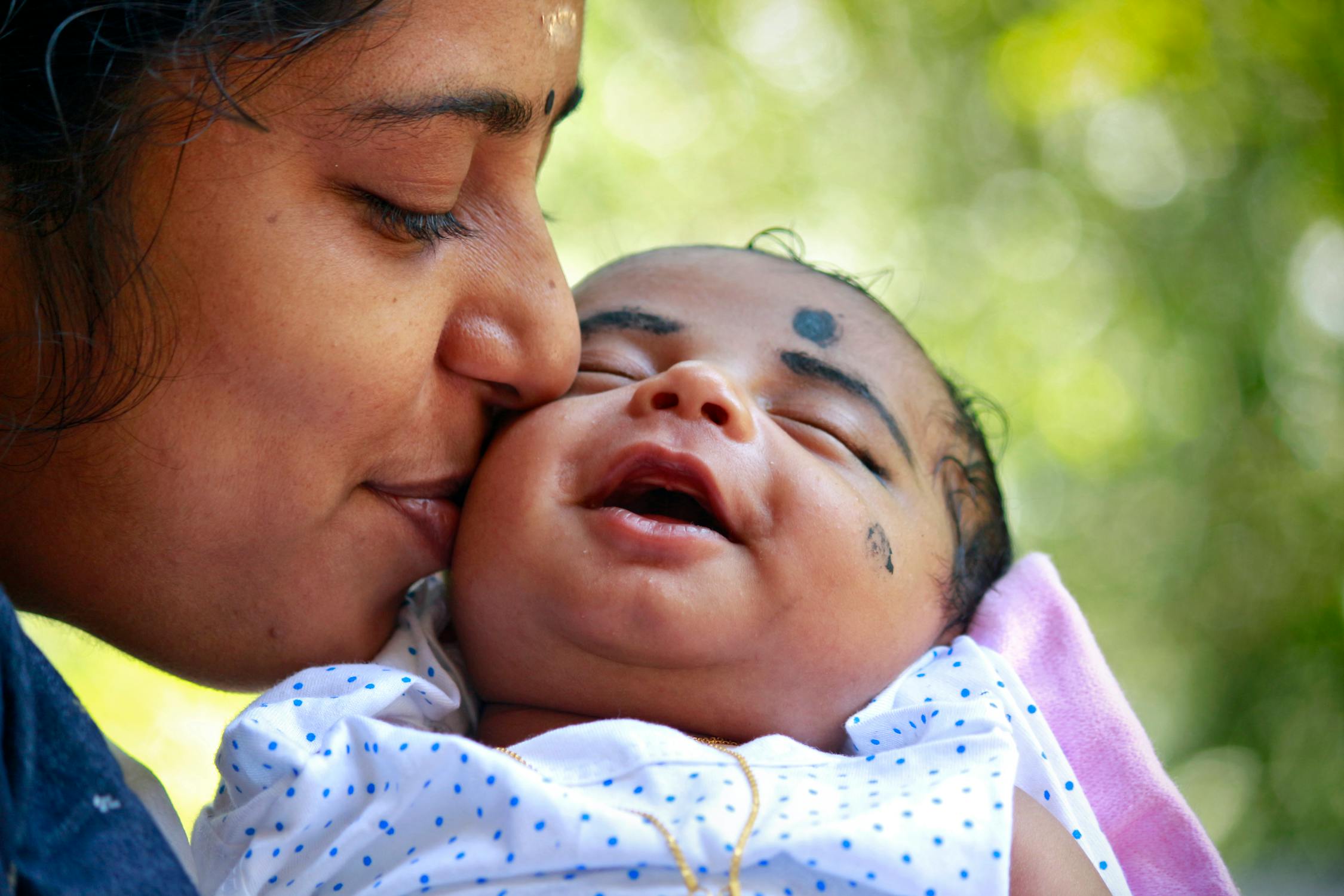Imagine a world where hope meets science, where the gift of life is passed on through the hands of anonymity. This is the world of anonymous sperm donation, a journey that intertwines the destinies of strangers. In this article, we unveil the layers of working with an anonymous sperm donor, exploring the profound impact of a decision made in anonymity.
From the altruistic motivations of donors to the dreams of aspiring families, anonymous sperm donation is more than a medical procedure; it’s a tapestry of human stories, ethical debates, and legal intricacies.
The Process of Sperm Donation
The journey begins with a rigorous selection process. Potential sperm donors undergo extensive medical and psychological evaluations. This includes:
- Screening for genetic disorders
- Evaluations for infectious diseases
- Assessing overall physical and mental health
Only a small percentage of applicants are accepted, ensuring the highest quality of sperm donations.
Donation Procedure
Once approved, the donor commits to a period of regular donations. This involves abstaining from ejaculation for a certain period before each donation to maximize sperm quality.
The actual process of donation is similar to providing a sample for medical testing, conducted in a private, clinical setting.

Post-Donation
After anonymous donation, the donor sperm is tested for motility and viability, then frozen and stored in a sperm bank. The donated sperm remains there until selected by a recipient. The anonymous sperm donors are usually compensated for their time and effort, though this varies depending on local laws and regulations.
Role of Sperm Banks
Sperm banks are pivotal in sperm donation, ensuring safety, legal compliance, and ethical practices. They screen and select donors, handle sperm collection and storage, and assist recipients in choosing a suitable donor. Sperm banks also adhere to regulatory standards, provide counseling services, and contribute to reproductive medicine research. Their role is crucial in bridging donors with recipients and facilitating the entire sperm donation process.
Pros of Choosing an Anonymous Sperm Donor
1. Privacy and Anonymity
One of the most compelling reasons for choosing an anonymous sperm donor is the privacy it affords. For recipients, this means freedom from any potential future claims or involvement from the donor. For donors, it allows them to contribute without the responsibility or emotional attachment associated with parenthood.
2. Psychological Comfort
Some recipients find comfort in the idea that their child will not have access to the donor’s identity, believing it may simplify family dynamics and avoid complications regarding parental identity.
3. Medical and Genetic Screening
Sperm banks typically conduct thorough medical and genetic screening of anonymous donors, ensuring healthy donations and reducing the risk of hereditary diseases.
4. Legal Simplicity
Anonymous donations typically come with fewer legal complications. In many jurisdictions, anonymous donors relinquish parental rights, simplifying the legal process for the recipient family.

Cons of Choosing an Anonymous Sperm Donor
1. Lack of Donor History
Children conceived through anonymous sperm donation may later feel a void or curiosity about their biological origins. They may have questions about their heritage, medical history, or the donor’s motivations that cannot be easily answered.
2. Potential for Genetic Unawareness
The child, and in some cases the family, might be unaware of important genetic information that could be crucial for future medical treatments or understanding of inherited conditions.
3. Ethical and Emotional Considerations
The ethics of denying a child knowledge of their biological origins is a matter of debate. There can be emotional implications for both the child and the donor in the future, should either party desire to establish a connection.
4. Regulatory Risks
Depending on the country or state, regulations surrounding anonymous sperm donation can change, potentially impacting sperm donor anonymity or the rights of the child to seek out their biological parent in the future.
Anonymity and Its Impact
For donors, anonymity can be a protective shield. It allows them to contribute to the creation of life without the responsibilities of parenthood. However, this anonymity can also be a source of internal conflict, particularly if they later become curious about the offspring resulting from their donations.
For recipients, using an anonymous donor often provides a sense of security, knowing that the donor has no legal claim to any resulting children.
However, it also means that the donor-conceived child will have limited information about one-half of their genetic lineage, which can become a concern as the child grows and begins to ask questions.

Impact on Offspring
Donor-conceived offspring may experience a range of emotions as they come to terms with their origins. Some may feel a sense of loss or curiosity about their biological heritage.
This can lead to psychological challenges, especially during adolescence when identity becomes a central issue.
Legal and Ethical Considerations
The legal landscape of sperm donation varies significantly across countries and states. In many regions, laws are in place to protect the rights and responsibilities of both the sperm donor and the recipient. These laws often address issues such as:
-
Parental rights
-
Donor anonymity
-
The number of donations one donor can make
For instance, some jurisdictions have specific regulations to prevent a single donor from creating an excessively large number of offspring. These laws dictate how many children someone can father to reduce the risk of accidental consanguinity. Donor-conceived people, however, can look up their half-siblings (donor siblings) in the future through the Donor Sibling Registry.
Ethical Dilemmas
Ethically, anonymous sperm donation raises several questions. One key issue is the right of a child to know their genetic origins.
While anonymity protects donors, it can leave donor-conceived children with unanswered questions about their heritage and health history. Additionally, there are ethical considerations regarding the commodification of human gametes and the implications of ‘shopping’ for genetic traits in a donor.
To Wrap Up
In the realm of anonymous sperm donation, we have journeyed through a landscape where science and humanity converge. This exploration has revealed the intricate tapestry of motivations, emotions, and responsibilities that define the world of sperm donation. From the silent contributors who remain in the shadows to the families whose lives are forever changed, each story is a testament to the profound impact of this act of giving.
While legal and ethical debates continue to shape the future of sperm donation, the heart of the matter remains constant: the desire to bring joy and fulfillment to those yearning for a child.




